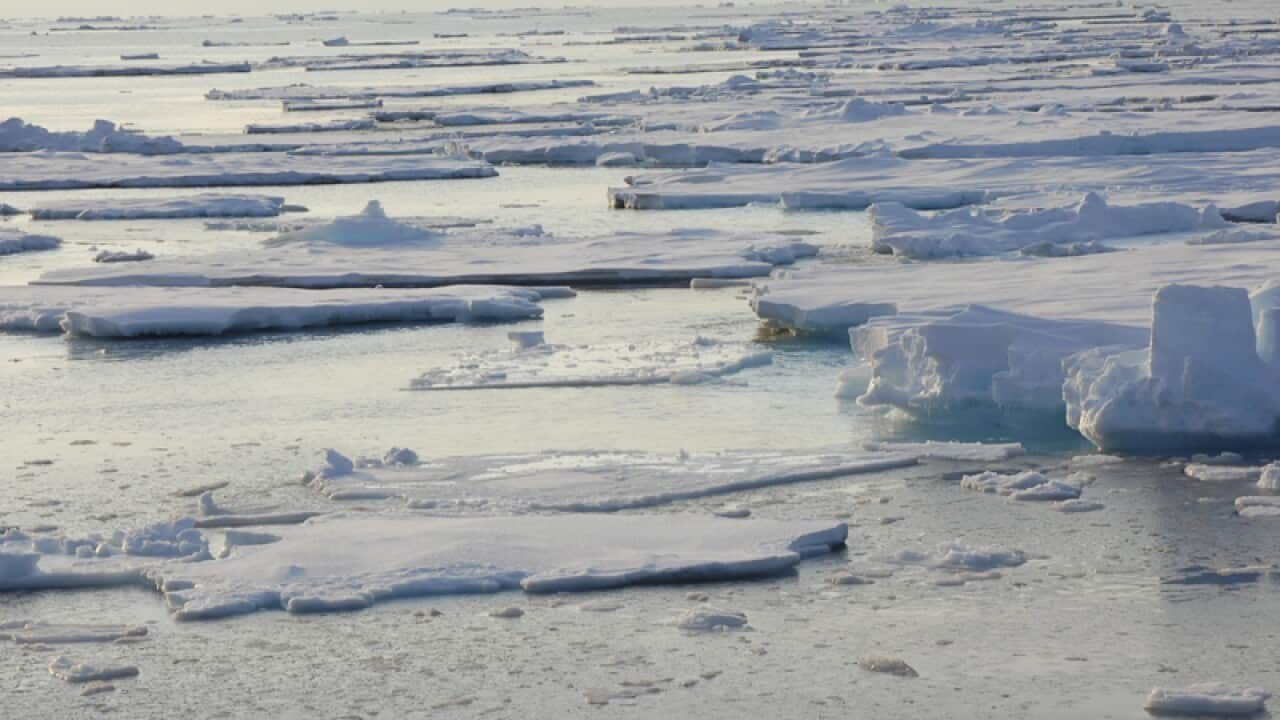Arctic sea ice could vanish during summertime this century even if governments achieve a core target for limiting global warming set by almost 200 nations in 2015, scientists say.
Arctic sea ice has been shrinking steadily in recent decades, damaging the livelihoods of indigenous peoples and wildlife such as polar bears while opening the region to more shipping and oil and gas exploration.
Under the 2015 Paris Agreement, governments set a goal of limiting the rise in average world temperatures to well below 2 degrees Celsius above pre-industrial times, with an aspiration of just 1.5C.
"The 2 degrees Celsius target may be insufficient to prevent an ice-free Arctic," James Screen and Daniel Williamson of Exeter University in Britain wrote in the journal Nature Climate Change after a statistical review of ice projections.
A 2C rise would still mean a 39 per cent risk that ice will disappear in the Arctic Ocean in summers, they said. Ice was virtually certain to survive, however, with just 1.5C of warming.
And they said they estimated a 73 per cent probability that the ice would disappear in summer unless governments make deeper cuts in emissions than their existing plans. They estimated temperatures will rise 3C on current trends.
In March 2017, the extent of Arctic sea ice is rivalling 2016 and 2015 as the smallest for the time of year since satellite records began in the late 1970s. The ice reaches a winter maximum in March and a summer minimum in September.
"In less than 40 years, we have almost halved the summer sea ice cover," said Tor Eldevik a professor at the Bjerknes Centre for Climate Research at the University of Bergen in Norway, who was not involved in the study.
He predicted that sea ice would vanish in the Arctic Ocean in about another 40 years, on current trends.
Scientists define an ice-free Arctic Ocean as one with less than one million square kilometres of ice because they say some sea ice will linger in bays, such as off northern Greenland, even after the ocean is ice-free.

